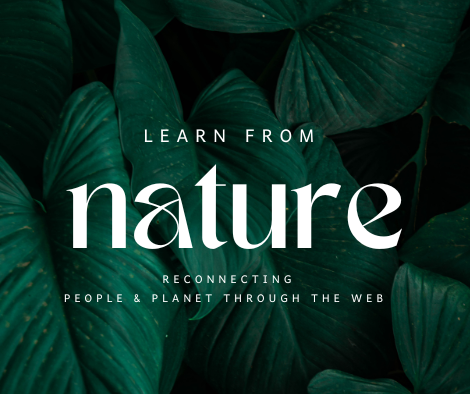
The earth from space – above – might give the impression of ‘life as usual’ … this year of 2020 has been anything but! The truth, I would argue, is hidden in plain sight. We know of the completely tragic human consequences; let’s remind ourselves of what happened in Nature – arguably some ‘good news’ ?
Here’s my review of some key news items…

The Guardian reported how diseases spread more rapidly , when Nature is damaged :
The human destruction of natural ecosystems increases the numbers of rats, bats and other animals that harbour diseases that can lead to pandemics such as Covid-19, a comprehensive analysis has found.
The research assessed nearly 7,000 animal communities on six continents and found that the conversion of wild places into farmland or settlements often wipes out larger species. It found that the damage benefits smaller, more adaptable creatures that also carry the most pathogens that can pass to humans.
The assessment found that the populations of animals hosting what are known as zoonotic diseases were up to 2.5 times bigger in degraded places, and that the proportion of species that carry these pathogens increased by up to 70% compared with in undamaged ecosystems. ( source – https://www.theguardian.com/environment/2020/aug/05/deadly-diseases-from-wildlife-thrive-when-nature-is-destroyed-study-finds?CMP=Share_iOSApp_Other )


The Guardian ( 22 April ) reported :
Animals have started taking advantage of cities as they enter lockdown during the coronavirus pandemic. From New Delhi, India to Buenos Aires, Argentina, groups of animals including deer and lemurs have started to come out to explore – in search of food or just to play
( source – https://www.theguardian.com/world/gallery/2020/apr/22/animals-roaming-streets-coronavirus-lockdown-photos?CMP=Share_iOSApp_Other )

The BBC also reported on wildlife literally ‘coming to town’ ….
Coronavirus: Wild animals enjoy freedom of a quieter world
Coronavirus lockdowns globally have given parts of the natural world a rare opportunity to experience life with hardly any humans around.
Animals in urban areas are exploring emptied streets and waterways, and delighting human inhabitants along the way.
While many of these are not unique sightings, the human restrictions due to the coronavirus pandemic seem to have given animals the confidence to go deeper into our cities and stay for longer.
Others are enjoying having nature reserves and parks all to themselves, and some authorities report a boom in wildlife while tourists are away.
( source – https://www.bbc.com/news/world-52459487 )


Coronavirus: Air pollution and CO2 fall rapidly as virus spreads

With the UK and devolved governments announcing various local restrictions, and the prospect of a ‘pandemic winter’, many people are beginning to feel burned out with their mental health after months of coping with the coronavirus pandemic.
Studies have shown that connecting with nature can improve mental health, so we’ve rounded up a few of the ways you can still engage with and learn about wildlife during autumn and winter, whether it’s in your garden, a local nature reserve or park, or virtually.
If you are planning to see wildlife, please follow the latest government advice regarding coronavirus, and bear in mind that there are different restrictions in place between England, Wales, Scotland and Northern Ireland, and in more localised areas as well.
( source – https://www.discoverwildlife.com/people/enjoying-nature-during-coronavirus/ )

